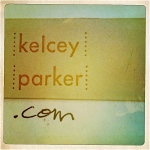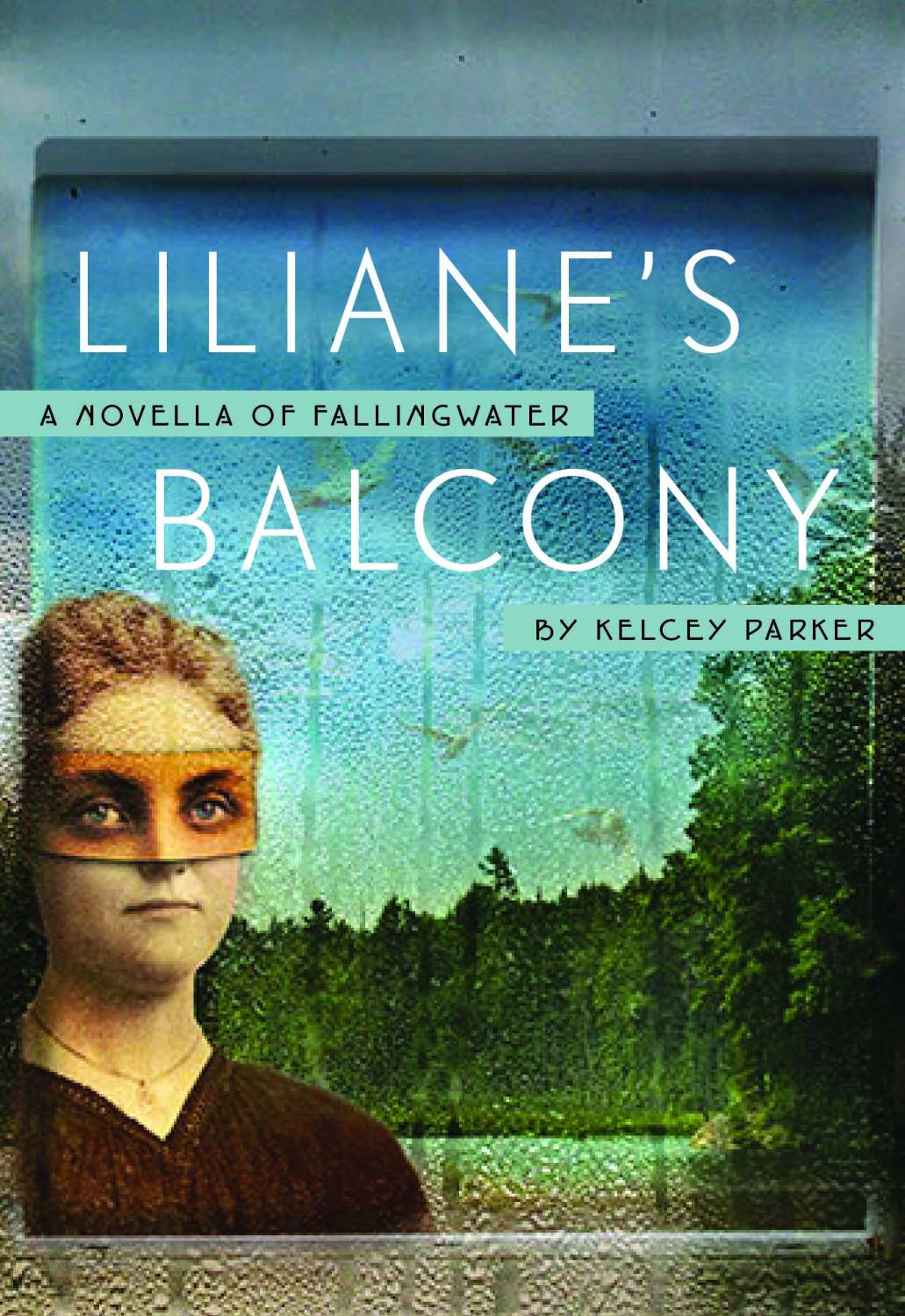I wasn’t one of those who wanted to be a writer when I was a child. For a long time I thought I’d be a visual artist. But, something tripped a switch in college, and I couldn’t stop reading.
David James Poissant’s stories and essays have appeared in The Atlantic, The Chicago Tribune, Glimmer Train, The New York Times, One Story, Playboy, Ploughshares, The Southern Review, and in the New Stories from the South and Best New American Voices anthologies. His writing has been awarded the Matt Clark Prize, the George Garrett Fiction Award, the RopeWalk Fiction Chapbook Prize, and the Alice White Reeves Memorial Award from the National Society of Arts & Letters, as well as awards from The Chicago Tribune and The Atlantic and Playboy magazines. He teaches in the MFA program at the University of Central Florida and lives in Orlando with his wife and daughters.
His debut short story collection, The Heaven of Animals, will be published by Simon & Schuster on March 11, 2014. He is currently at work on a novel, Class, Order, Family, also forthcoming from Simon & Schuster.
Web site: http://www.davidjamespoissant.com
Read more by and about Jamie:
Book of Stories: The Heaven of Animals
Story: Black Ice
Story: Nudists
Chapbook: Lizard Man
NY Times Essay: I Want to Be Friends With Republicans
How David James Poissant Became a Writer
This is the next installment in the How to Become a Writer interview series, which will post here at Ph.D. in Creative Writing every other Sunday (or so) until I run out of writers to interview, or until they stop saying yes. Each writer answers the same 5 questions. Thanks to Jamie for saying yes!
1. Why did you want to become a writer?
I think that it was Saul Bellow who said that all writers are readers moved to imitation. That’s absolutely what happened to me. I fell in love with books and with language, and I wanted to be part of the conversation. I wasn’t one of those who wanted to be a writer when I was a child. For a long time I thought I’d be a visual artist. But, something tripped a switch in college, and I couldn’t stop reading. I read The Great Gatsby at least half a dozen times in college, then got hooked on the short stories of John Updike, Raymond Carver, Amy Hempel, and Lorrie Moore. The more I read, the more I wanted to write fiction of my own.
 2. How did you go about becoming a writer?
2. How did you go about becoming a writer?
I went the normal route (or what’s becoming the normal route these days). At 25, I applied to a number of MFA programs. The only one I got into was the University of Arizona, so I went. I was thrilled to go. I’d become a big fan of the stories of Jason Brown, and I couldn’t wait to work with him. Once I got there, though, I enjoyed working with all of the faculty, Jason, for sure, and also Aurelie Sheehan, who was a guiding force for good in my work. I also learned so much from my fellow students in the program, especially Rachel Yoder and Mark Polansak, who now edit the journal Draft, and Cara Blue Adams, former Fiction Editor of The Southern Review. They’re fantastic writers, and they all raised the bar high for me. After Arizona, I did a four-year PhD at the University of Cincinnati, which gave me teaching experience and time to revise my collection and begin the novel that is now under contract with Simon & Schuster.
3. Who helped you along the way, and how?
I had so much help along the way. Early on, Sandra Meek, the poetry professor at Berry College, where I did my undergrad, gave me tons of encouragement. Jack Riggs and Bret Anthony Johnston convinced me that I could do this thing while I was still trying to decide whether to apply to MFA programs, and I owe a huge debt to them. At Cincinnati, Brock Clarke, Leah Stewart, and Michael Griffith were all huge helps and keen editors. But, most of all, my wife, Marla, has given me unconditional love and support. I absolutely couldn’t have done this without her unwavering belief in me and in my work. She’s one of those people no one deserves, and I don’t know how I got lucky enough that she agreed to spend her life with me.

Karen Russell; image from The Daily Beast
4. Can you tell me about a writer or artist whose biography inspires you?
I’m super-enamored right now with Karen Russell, who is not only a genius writer, but also fearless. Most of all, though, she’s a hard worker. I think we look at people who produce great art and assume, sometimes, that it comes easily to them. I suspect that things don’t come easily to most people. I think Karen works harder than most people, and I think that makes a big difference. I’m inspired by her example and her endurance and tenacity.
5. What would you say in a short letter to an aspiring writer?
Don’t give up. Write every day, or write most days. But, mostly, read. Read everything. Read widely. Read and let the multiplicity of voices tangle in your subconscious. Read enough and, one day, you’ll find you’ve found your voice.










